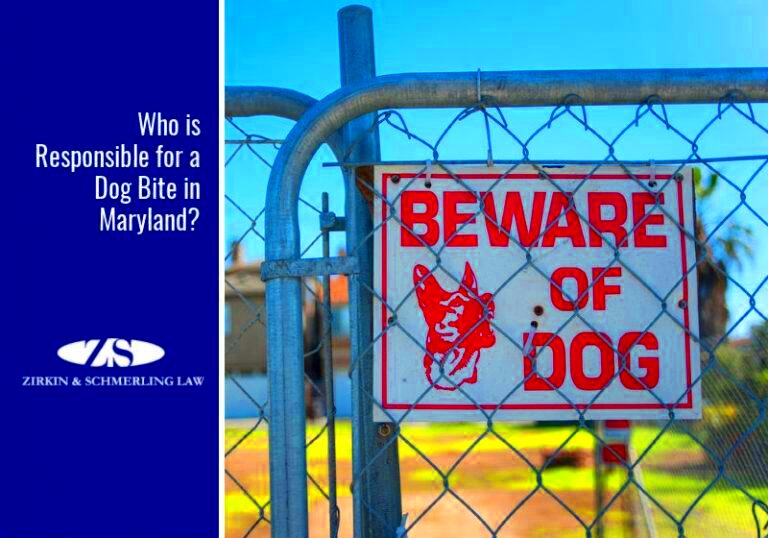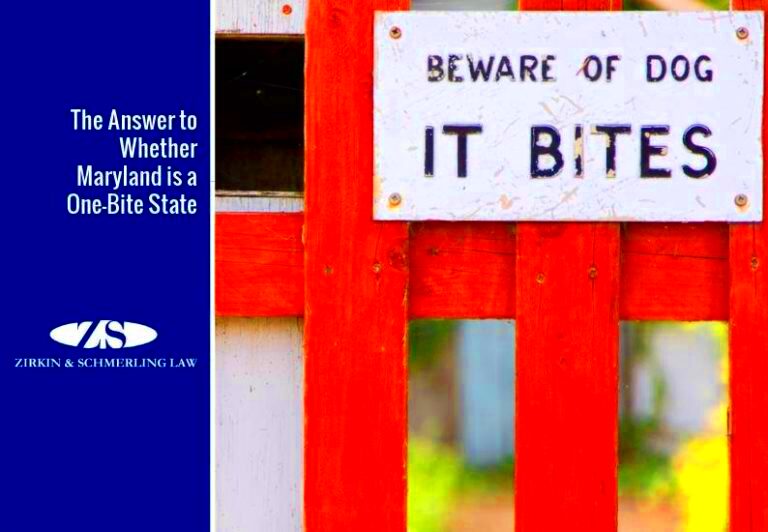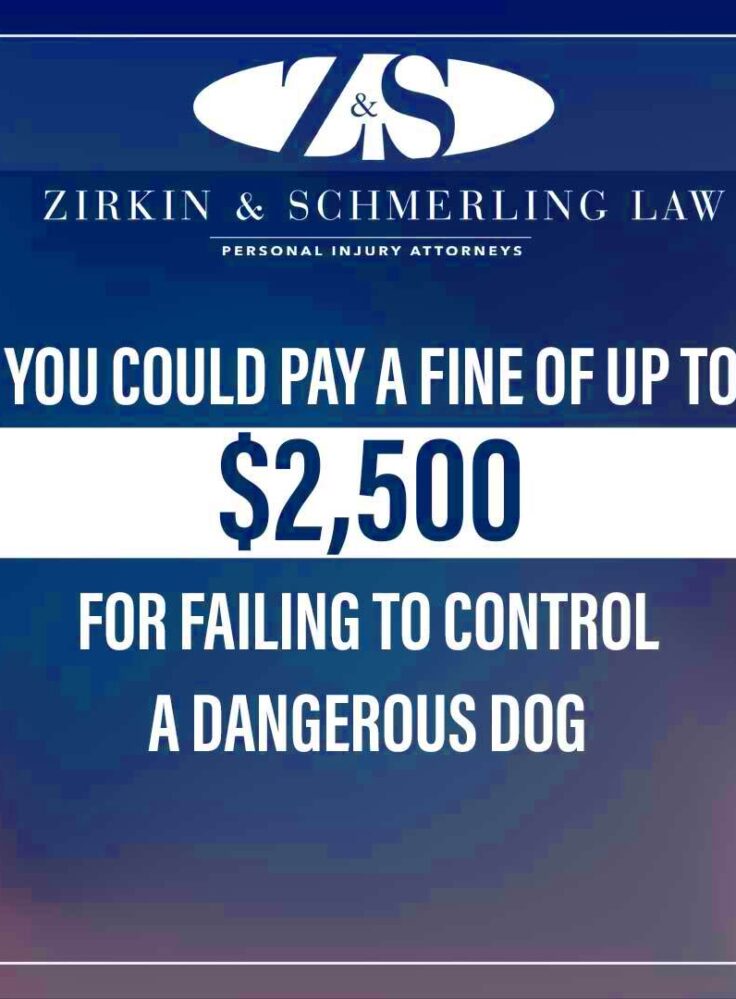Dog Bite Laws in Maryland Explained
Dog bites can lead to serious injuries and legal challenges. In Maryland, dog bite laws are designed to protect victims and hold dog owners accountable. Understanding these laws is essential for anyone who may face a dog bite situation, whether as a victim or a dog owner. In this post, we’ll explore the key aspects of dog bite laws in Maryland, focusing on liability, types of injuries, and what steps to take if you’re bitten. Knowing your rights and responsibilities can make a significant difference in these challenging situations.
Understanding Liability in Dog Bite Cases

In Maryland, the law generally holds dog owners responsible for injuries caused by their dogs. However, the concept of liability can vary based on several factors:
- Strict Liability: In some cases, a dog owner may be held strictly liable for injuries caused by their dog, regardless of whether they knew the dog was dangerous.
- Negligence: If a dog owner failed to control their dog or did not take proper precautions, they may be found negligent. For example, if a dog escapes from a yard due to a broken fence, the owner could be liable.
- Provocation: If the victim provoked the dog, the owner may not be held liable. Understanding what constitutes provocation is essential.
It’s crucial for dog owners to be aware of their responsibilities and take measures to prevent bites. This includes proper training, secure fencing, and being cautious in public spaces.
Types of Dog Bite Injuries

Dog bite injuries can vary widely in severity and impact. Here are some common types of injuries associated with dog bites:
- Puncture Wounds: These occur when a dog bites down, leaving small holes in the skin. They can be deep and may require medical attention.
- Lacerations: Deeper cuts caused by a dog’s teeth can lead to significant bleeding and may require stitches.
- Infections: Dog bites can introduce bacteria into the body, leading to infections that may require antibiotics.
- Emotional Trauma: Beyond physical injuries, dog bites can lead to anxiety and fear, especially in children.
- Fractures: In severe cases, a dog bite can cause broken bones, especially if the victim falls during the attack.
If you or someone you know has suffered from a dog bite, it’s essential to seek medical help immediately, even for minor injuries. Prompt treatment can prevent complications and ensure a quicker recovery.
How to Report a Dog Bite Incident
Reporting a dog bite incident is crucial for your safety and for any potential legal action. If you or someone you know has been bitten by a dog, follow these steps:
- Seek Medical Attention: Your health comes first. Even if the injury seems minor, it’s wise to see a doctor.
- Document the Incident: Write down all the details, including the time, place, and circumstances surrounding the bite. Take pictures of the injuries and the scene if possible.
- Identify the Dog and Owner: Gather information about the dog and its owner. This includes the dog’s vaccination history and any previous aggressive behavior.
- Contact Local Animal Control: Report the incident to your local animal control agency. They can investigate the situation and ensure the dog is properly assessed.
- File a Report with the Police: In some cases, especially if the bite is severe or the dog is a known danger, filing a police report is essential.
Reporting the bite not only protects you but also helps prevent future incidents. It also creates an official record, which can be important for any legal actions you may need to pursue later.
Steps to Take After a Dog Bite
After a dog bite, it’s important to act quickly to ensure your well-being and gather information for any potential legal claims. Here are some essential steps to take:
- Clean the Wound: Rinse the bite area with soap and water to reduce the risk of infection. Apply a clean bandage afterward.
- Keep a Record: Document the bite by taking photos and writing down what happened. Note the dog’s owner’s details and any witnesses.
- Visit a Doctor: Even minor bites should be examined by a medical professional. They can assess the injury and prescribe any necessary treatment.
- Notify Your Insurance: If you have health insurance, inform them about the incident. They may provide guidance on what to do next.
- Consider Legal Action: Depending on the severity of the bite and the circumstances, you may want to consult a lawyer to discuss your options.
Taking these steps can significantly impact your recovery process and any future claims related to the incident.
Legal Defenses in Dog Bite Cases
In dog bite cases, the dog owner may use various legal defenses to contest liability. Here are some common defenses:
- Provocation: If the victim provoked the dog through actions like teasing or aggressive behavior, the owner may not be held liable.
- Assumption of Risk: If the victim knowingly engaged in risky behavior, such as entering a property with a “Beware of Dog” sign, this may reduce the owner’s liability.
- First Time Offense: If the dog had no prior history of aggression, the owner might argue that they were unaware of any potential danger.
- Defensive Behavior: If the dog was acting in defense of its owner or territory, the owner may argue that the bite was justified.
Understanding these defenses is important for both victims and dog owners. If you find yourself involved in a dog bite case, consulting a lawyer can help clarify your rights and the potential outcomes.
Compensation for Dog Bite Victims
If you’ve been bitten by a dog in Maryland, you may be entitled to compensation for your injuries. Understanding the types of damages you can claim is essential for ensuring you receive the support you need during your recovery. Here are the common types of compensation available to dog bite victims:
- Medical Expenses: This includes costs for emergency care, hospital stays, medications, and any ongoing treatments related to the injury.
- Lost Wages: If your injuries prevent you from working, you may claim compensation for the income you’ve lost during your recovery period.
- Pain and Suffering: This compensates for the physical and emotional distress caused by the dog bite, including anxiety and post-traumatic stress.
- Rehabilitation Costs: If you need physical therapy or rehabilitation services, these expenses can be included in your claim.
- Property Damage: If any personal property was damaged during the incident, such as clothing or equipment, you might be able to seek compensation for that as well.
To maximize your chances of receiving fair compensation, it’s often beneficial to consult with a lawyer who specializes in dog bite cases. They can help you navigate the claims process and advocate on your behalf.
Frequently Asked Questions About Dog Bite Laws
Understanding dog bite laws can be complex, and many people have questions about their rights and responsibilities. Here are some frequently asked questions:
- What should I do immediately after a dog bite? Seek medical attention first, then document the incident, report it, and contact a lawyer if necessary.
- Can I sue for a dog bite? Yes, if you can prove that the dog owner was negligent or that strict liability applies, you may have grounds for a lawsuit.
- How long do I have to file a claim? In Maryland, the statute of limitations for personal injury cases, including dog bites, is generally three years from the date of the incident.
- Will my compensation be reduced if I was partially at fault? Yes, Maryland follows a contributory negligence rule, meaning any fault on your part can prevent you from recovering damages.
These questions are just a starting point. If you have specific concerns, it’s a good idea to consult with a legal expert who can provide tailored advice.
Conclusion on Dog Bite Laws in Maryland
Dog bite laws in Maryland are designed to protect victims while also considering the responsibilities of dog owners. Understanding your rights and the legal landscape can empower you to take action if you or a loved one is involved in a dog bite incident. Remember to seek medical help, document everything, and consult a legal professional if needed. With the right information and support, you can navigate this challenging situation more effectively. Protecting yourself and understanding the law is crucial, whether you are a victim or a dog owner. Always stay informed and take the necessary steps to ensure safety for both humans and pets.


